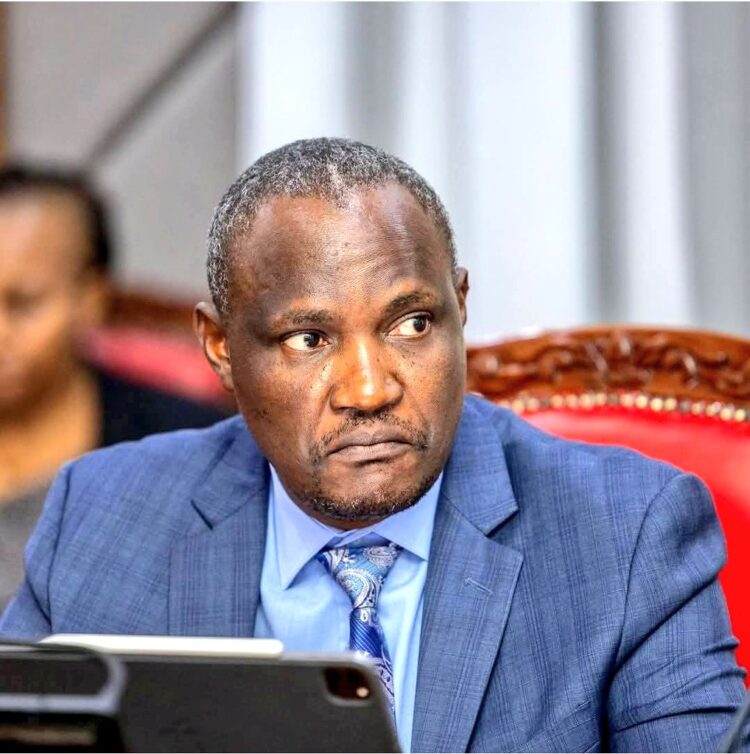Civil Servants’ Pay Set for Review After Public Outcry.
The National Assembly has instructed Treasury Cabinet Secretary John Mbadi to consult with Attorney General Dorcas Oduor on the possibility of reviewing or eliminating the one-third salary rule. This follows an outcry from civil servants who now take home less than one-third of their net pay due to rising deductions.
The Public Accounts Committee (PAC) arrived at this decision after a meeting held on Tuesday, during which members sought to understand why Kenyans were facing multiple deductions that significantly reduced their earnings.
As part of its mandate, the watchdog committee also plans to summon CS Mbadi to account for the situation that has left thousands of public workers with minimal disposable income. Many have exceeded the legal limit of committing more than two-thirds of their basic salary to loans and statutory contributions.
PAC linked the drastic decline in civil servants’ take-home pay to newly introduced deductions under President William Ruto’s administration. These include the Affordable Housing Levy, the Social Health Authority contribution, and increased contributions under the revised National Social Security Fund (NSSF) Act. These deductions have contributed to a significant erosion of employee earnings, rendering the one-third salary rule difficult to apply in practice.
Employment Act and Legal Concerns
Concerns were also raised over the growing number of government departments violating the Employment Act, 2007. The Act’s Section 19(3) explicitly prohibits employers from deducting more than two-thirds of an employee’s basic salary. PAC noted that the law is becoming ineffective due to the rise in statutory and tax deductions.
Civil servants have seen their payslips diminish in recent months, with deductions now including 1.5 per cent of gross pay for the Housing Levy, 2.75 per cent for the Social Health Insurance Fund (SHIF), and increased contributions under the NSSF. These statutory requirements have intensified financial pressure on workers across various sectors.
Lugari MP Nabii Nabwera emphasized that the failure to address this matter would cause it to keep recurring in future audit reports. The committee advised the National Treasury to work closely with the Attorney General to find a legal and sustainable solution. Without intervention, the issue is expected to remain a consistent audit concern.
Read Also: Gachagua: TSC Teacher Recruitment Being Conducted from State House, Accuses Ruto of Tribalism in Public Jobs
Lawmakers expressed a unified stance that civil servants should not suffer for policies they did not create. They highlighted that Parliament itself had passed the taxes leading to the current financial strain on public workers. The sentiment was that responsibility lies with the lawmakers who supported the implementation of these deductions.
An examination of the Integrated Personnel and Payroll Database (IPPD) for June 2023 revealed that 4,082 government employees were earning below one-third of their basic salary. This was in breach of Section C1(3) of the Human Resource Policies and Procedures Manual for the Public Service (May 2016 edition), according to official documentation.
Civil Servants’ Pay Set for Review After Public Outcry.
Follow Teachers Updates on Facebook, LinkedIn, X (Twitter), WhatsApp, Telegram, and Instagram. Get in touch with our editors at [email protected].



Discussion about this post